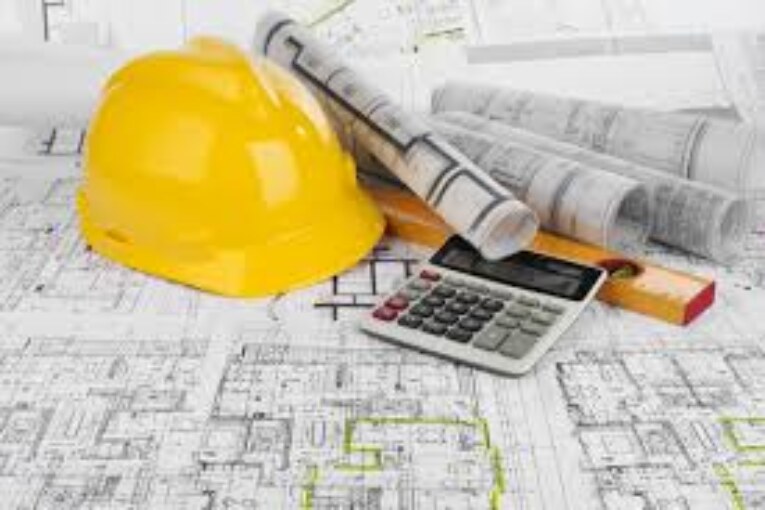
“Civil Engineering is the art of directing the great sources of power in nature for the use and convenience of man”- Royal Charter.
The main scope of Civil Engineering or the task of civil engineering is planning, designing, estimating, supervising construction, managing construction, execution, and maintenance of structures like building, roads, bridges, dams, etc.
Introduction
- Our profession is a people serving profession.
- Civil engineering focuses on the infrastructure of the world:
- Water worlds- Sewers, Dams
- Power Plants- Transmission Towers/Lines
- Railroads
- Highways, Bridges, Tunnels, Traffic control
- Irrigation Canals, Airport Runways, terminals
- Industrial plant buildings, skyscrapers, etc.
Branches & Scope of Civil Engineering
- Surveying & leveling
- Building, Planning and construction
- Advanced Construction
- Structural Engineering
- Geotechnical Engineering
- Water Resources Engineering
- Transportation Engineering
- Environmental Engineering
- Town Planning & etc.
Surveying & Levelling
- Surveying includes measurements of distances and angles in horizontal & vertical planes, while leveling is the measurement of heights in vertical plane. Chain, compass, level and theodolite are the instruments used for surveying.
- Surveying fixes the relative positions of different points on the basis of surface of earth. It also includes measurements of areas and volumes. Basic aim of surveying is to prepare a map of the area to some scale.
- Remote Sensing and geographical information system (GIS) are adopted for surveying and planning of many civil engineering projects.
Building Planning & Construction
- Civil engineers are concerned with many types of structures of which buildings are of prime importance. Buildings are planned according to the fundamental principles of planning & bylaws of local municipal bodies.
- Building planning requires basic knowledge of principles of architecture. Buildings may be residential or public building like school, colleges, government office, hospitals, etc. They are designed according to need of specific occupants and purposes.
Advanced Construction
- Construction of dams, bridges, tunnels, ports, requires several advanced construction techniques of construction. Under water construction requires specific type of equipment.
- Pile foundations or well foundations are generally provided for foundation of bridges across rivers in alluvial soil.
- Large scale earthworks in excavation requires equipment’s like power shovel, dragline, bulldozers, etc.
Structural Engineering
- This branch of civil engineering deals with structural analysis and design of structures.
- Structural analysis is done to calculate stresses in structural components, on the basis of loads, acting on structures.
- Sections of structural elements like beams, columns, slabs, etc. are designed. Structural analysis requires much calculation, hence advanced computing software’s are used to carry out structural analysis and design.
Geotechnical Engineering
- Geotechnical engineering is that field of Civil Engineering which deals with soil investigation and design of proper foundations of structures.
- Soil investigation includes collection and testing of soil samples.
- Geotechnical engineering includes measurement of soil parameters and safe bearing capacity.
Water Resources Engineering
- Water resources engineering means measurements, utilization and development of water resources for agriculture, municipal and power generation purpose. It mainly includes irrigation engineering, design of hydraulic structures like dams, canals, etc.
- Water resources engineering deals with planning designing and development water resources by constructing several hydraulic structures like dams, barrages, hydropower stations, canal and pipe network etc.
Transportation Engineering
- Transportation means movement of passengers and goods by means of vehicles on land, ship on water and aircrafts in air.
- Transportation engineering is that branch of Civil Engineering which deals with planning, designing and construction of roads, bridges, railways, tunnels, harbors, ports, docks, runways and airports.
Environmental Engineering
- Environmental Engineering deals with pollution control and public health engineering. Different types of pollutions are water, air, noise and other pollution.
- Environmental Engineering includes design, construction and maintenance of water treatment plant, waste water treatment plant, water distribution network and sewerage system, it also deals with solid waste management in towns and cities.
Town Planning
- Town planning means planned & controlled growth of town by dividing town in to different land use zones and regulating building construction to provide better environment for the people of the town.
- In the town planning areas of town are divided into residential, commercial, recreational and industrial zones, which is called zoning.


